
Selected reviews about elderly care communities
Selected reviews about elderly care communities offer valuable insights into the experiences of residents and their families. These reviews can highlight the strengths and weaknesses of different communities, helping you make an informed decision when choosing the right care for your loved one.

Caring for a Senior With Edema
Caring for a senior with edema involves monitoring fluid intake and dietary restrictions, encouraging gentle movement, and elevating affected limbs to reduce swelling. Regular check-ins with healthcare providers are essential for managing underlying conditions. Providing emotional support and ensuring a comfortable environment can significantly enhance their quality of life.
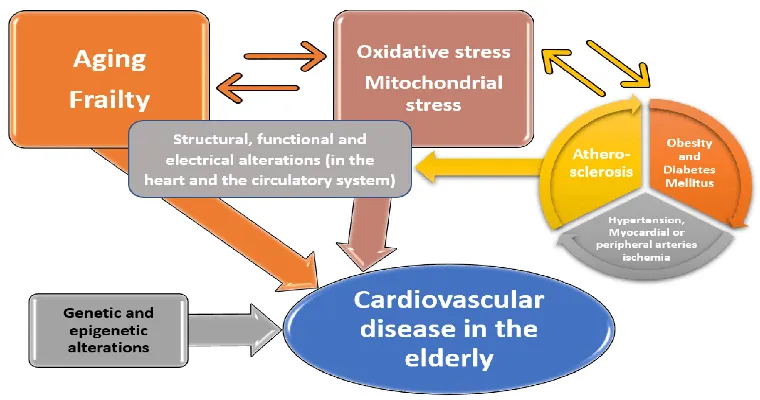
Understanding Heart Failure in the Elderly
Understanding heart failure in the elderly involves recognizing the unique challenges this age group faces, including multiple comorbidities and the effects of aging on heart function. Early diagnosis, personalized treatment plans, and supportive care are essential for improving quality of life and outcomes for older patients living with this condition.
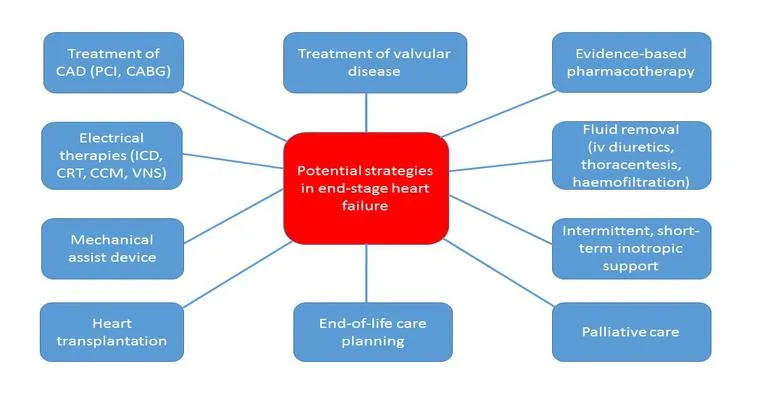
Hospice Care for the End Stages of Heart Disease
Hospice care for end-stage heart disease focuses on providing comfort and support to patients and their families. This compassionate approach prioritizes pain management, emotional support, and quality of life, allowing individuals to spend their remaining time in a familiar environment. A multidisciplinary team ensures personalized care tailored to each patient's needs.
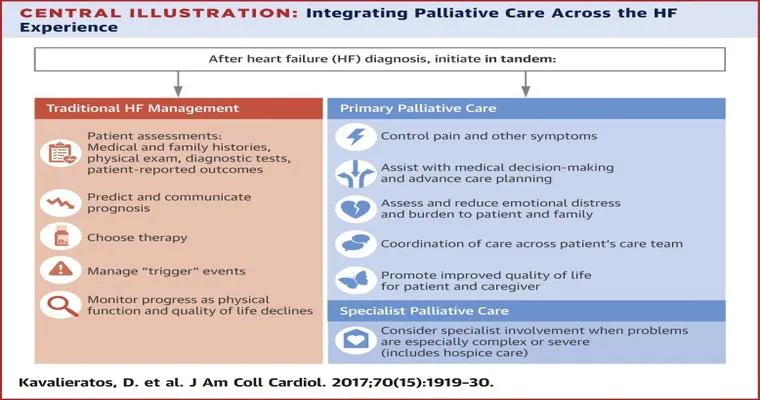
Heart Failure: Better Communication With Patients and Caregivers Leads to Better Outcomes
Effective communication between healthcare providers, patients, and caregivers is essential in managing heart failure. By fostering open dialogue and understanding, treatment adherence improves, reducing hospitalizations and enhancing overall quality of life. This collaborative approach empowers patients and caregivers, ultimately leading to better health outcomes and a more supportive care environment.

Caring for a Loved One with Heart Failure
Caring for a loved one with heart failure involves understanding their condition, providing emotional support, and assisting with daily activities. It's important to help manage medications, encourage a heart-healthy diet, and facilitate regular check-ups. Patience and open communication can strengthen your bond while ensuring their comfort and well-being.

My dad drinks in his care home. Could this be causing cognitive decline?
In a care home setting, a father’s alcohol consumption may contribute to cognitive decline. Regular drinking can impair brain function, exacerbate existing health issues, and interact negatively with medications. Monitoring his intake and seeking professional advice could help address potential cognitive challenges and improve his overall well-being.

Is it realistic to expect enough recovery for husband to return home after 3 months of hospitalization/rehab following massive stroke?
Recovering from a massive stroke can vary greatly among individuals, but a three-month hospitalization and rehabilitation period may offer significant improvements. While some patients may regain enough independence to return home, others might require ongoing support. Factors influencing recovery include the severity of the stroke, age, and rehabilitation efforts.
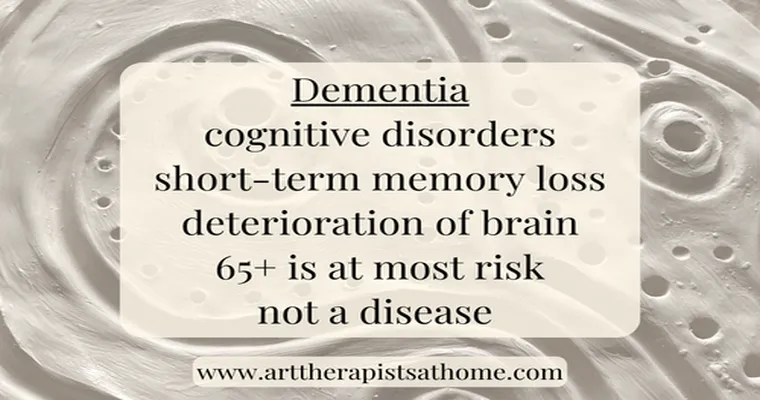
Any thoughts as to how/why someone with dementia can go from being virtually catatonic to a reasonable state of cognition?
Dementia can cause fluctuating cognitive states due to factors like medication changes, environmental stimulation, or emotional triggers. Improved mood or engagement with familiar activities may temporarily enhance cognitive function. Additionally, certain times of day may yield clearer thinking, highlighting the unpredictable nature of dementia's impact on brain function.

My mom is 86 with dementia and is constantly crying out for dead family members. In particular, her mother and sister. Why is this?
As dementia progresses, individuals may experience confusion and emotional distress, leading them to call out for deceased loved ones. This behavior often stems from a mix of longing, fear, and the brain's struggle to process memories and emotions. For your mom, invoking her mother and sister may reflect her need for comfort and familiarity.
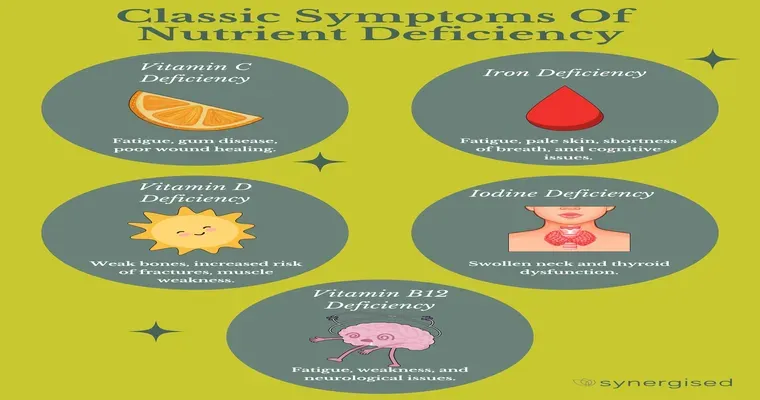
Cognitive issues and nutritional deficiency. Is there a connection?
Cognitive issues and nutritional deficiency are interconnected, as inadequate intake of essential nutrients can impair brain function and development. Deficiencies in vitamins like B12, omega-3 fatty acids, and antioxidants may contribute to memory loss, decreased cognitive abilities, and increased risk of neurodegenerative diseases, highlighting the importance of a balanced diet for mental health.
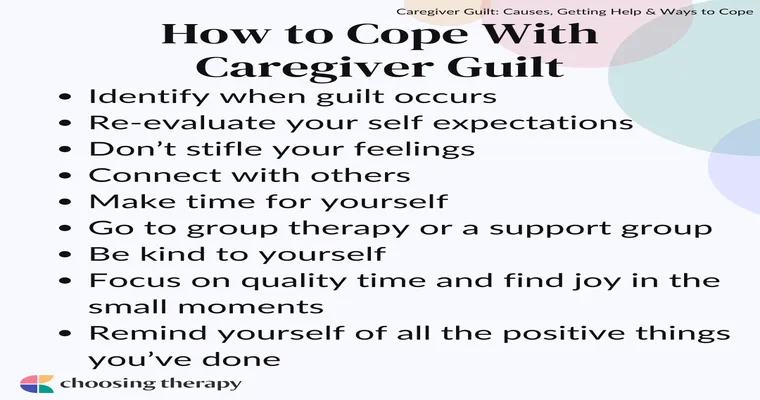
Is it wrong to cope with caregiving by thinking this will only last another year?
Coping with caregiving by believing it will only last another year can provide temporary relief, but it may also lead to unrealistic expectations. This mindset can create emotional strain, as caregivers might overlook their own needs and the unpredictable nature of caregiving, ultimately impacting their well-being and the quality of care provided.
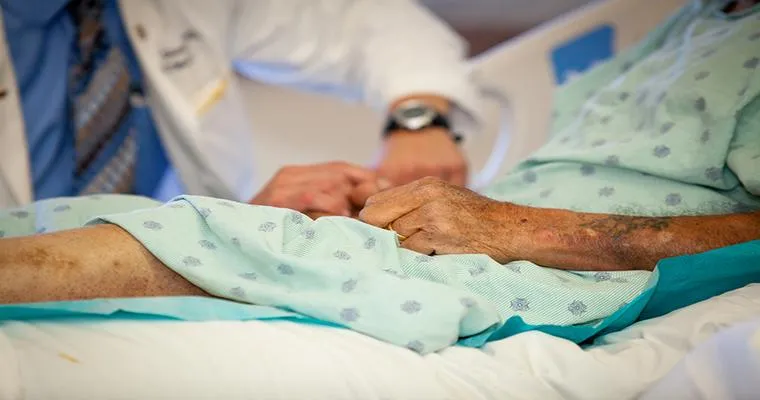
Hospital Delirium: Cognitive Decline After Hospitalization
Hospital delirium is a sudden, severe confusion that can occur during or after hospitalization, often stemming from factors like illness, medication, or environmental changes. It can lead to significant cognitive decline, impacting patients' ability to think clearly and function independently, and may increase the risk of long-term cognitive impairment.

Legal Competency: When Is It Too Late to Create a Will, Trust or POA?
Legal competency refers to an individual's capacity to understand and make decisions regarding their estate planning documents, such as wills, trusts, and powers of attorney. It is essential to establish competency before creating these documents, as delays or cognitive decline can render individuals unable to execute them effectively.
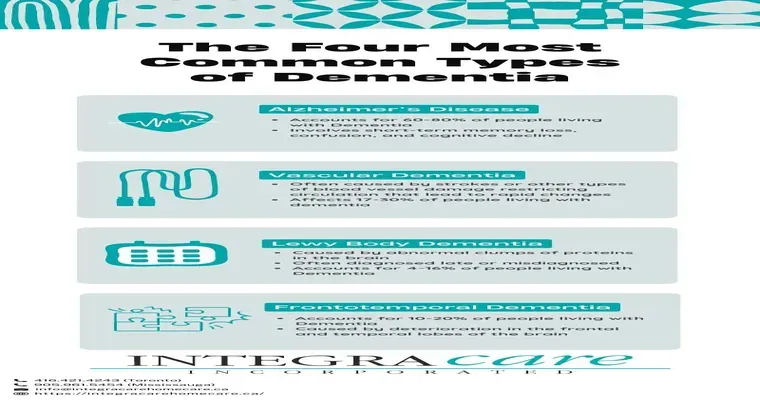
Dementia: Witnessing Cognitive Decline
Dementia is a progressive condition characterized by a decline in cognitive function, affecting memory, thinking, and communication. It impacts daily life and relationships, often leading to emotional challenges for both individuals and caregivers. Understanding and support are essential as those affected navigate the complexities of this debilitating disease.
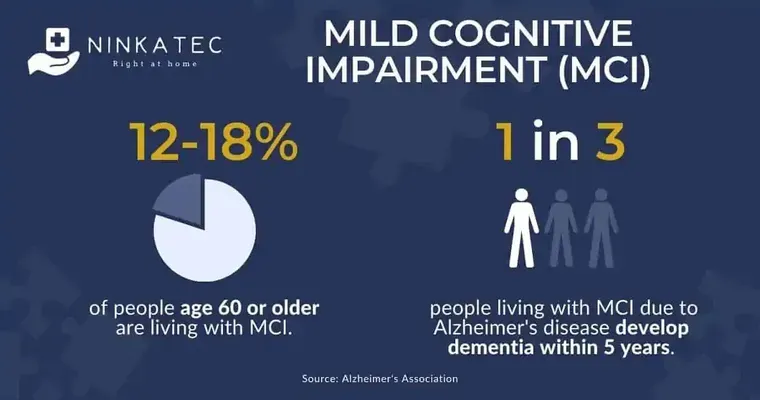
Mild Cognitive Impairment: 10 Things to Know
Mild Cognitive Impairment (MCI) involves noticeable memory or cognitive changes that are more significant than typical aging but not severe enough to interfere with daily life. It may increase the risk of developing dementia. Understanding MCI's symptoms, potential progression, and management options is essential for early intervention and support.

How Caregivers Can Claim Their Parents on Taxes
Caregivers can claim their parents as dependents on taxes if they meet certain criteria, such as providing more than half of their financial support and ensuring their parents qualify as dependents. This may offer tax benefits, including credits and deductions, helping alleviate the financial burden of caregiving responsibilities.

My mom has C-Diff. How do I help her get stronger?
Supporting your mom through her recovery from C-Diff involves ensuring she stays hydrated, encouraging a balanced diet rich in probiotics, and helping her follow her doctor's treatment plan. Offer emotional support and assist with daily tasks to ease her burden, while promoting restful activities to aid her healing process.
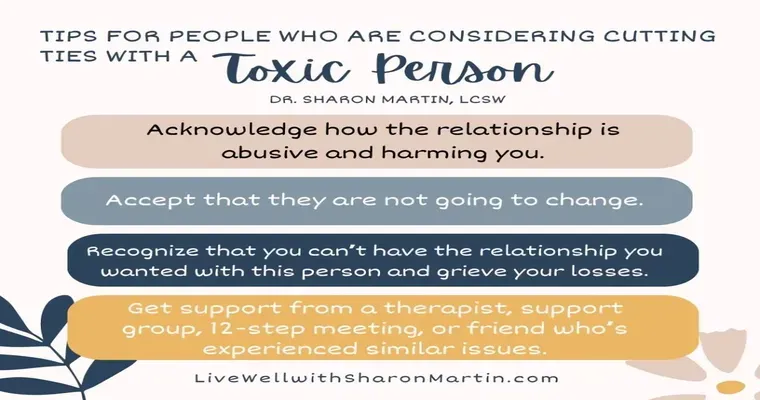
My mother is not getting better and rehab is trying to keep her there forever. Any advice?
It sounds incredibly challenging to see your mother struggle without improvement, and feeling like rehab may be extending her stay can be frustrating. Consider discussing your concerns with her medical team to explore alternative treatment options. Seeking support from family or a counselor can also help you navigate this difficult situation.

Mom nearly died from C. diff last year, and my sister has it now. Do we tell mom?
Last year, our mother faced a life-threatening battle with C. diff, which left us all shaken. Now, my sister has contracted the same infection. The dilemma arises whether to inform mom about this development, as it could reignite her fears and anxieties from her own experience.

Is it customary to be discharged with C. diff Infection and take antibiotics at home?
Discharging a patient with a C. diff infection while prescribing antibiotics for home treatment is not uncommon. It allows for continued management of the infection, although careful monitoring is essential. Patients should be educated about signs of worsening symptoms and the importance of adhering to the prescribed antibiotic regimen.
Page 103 of 134